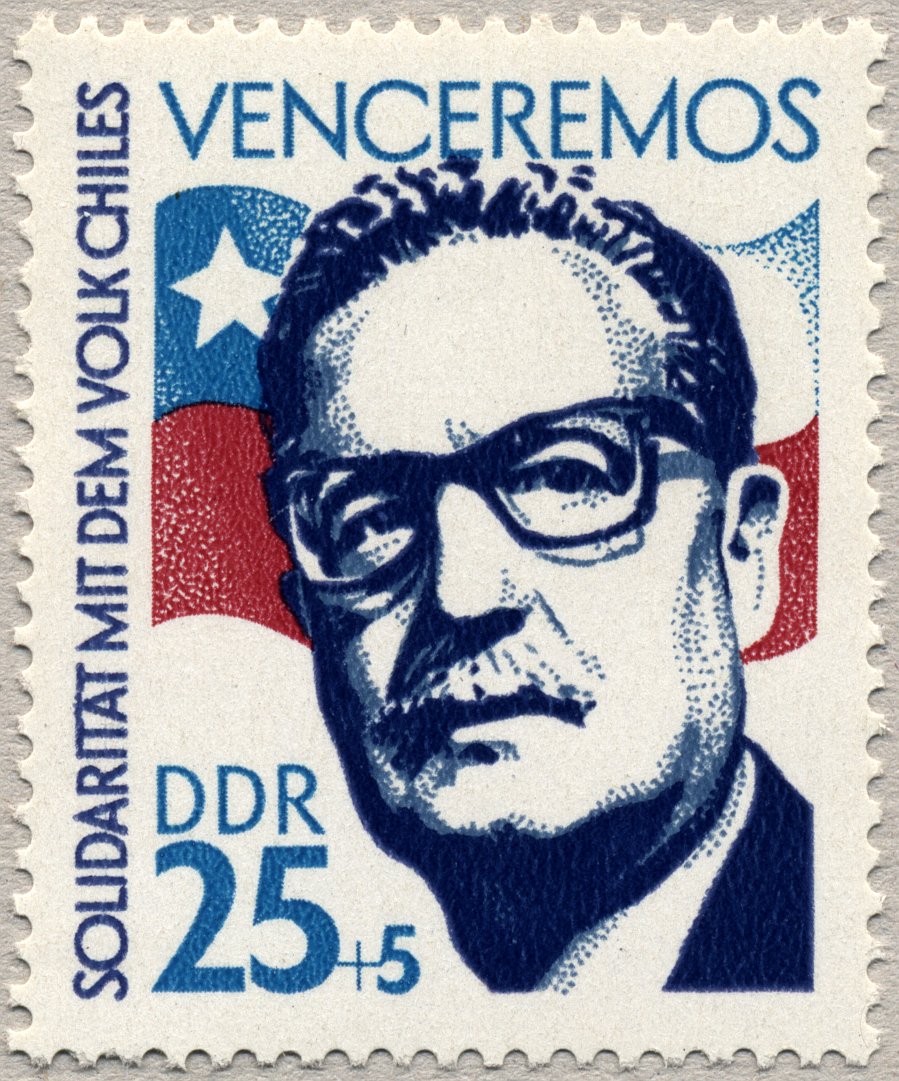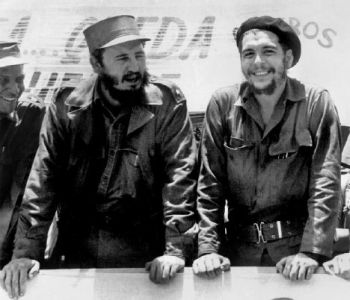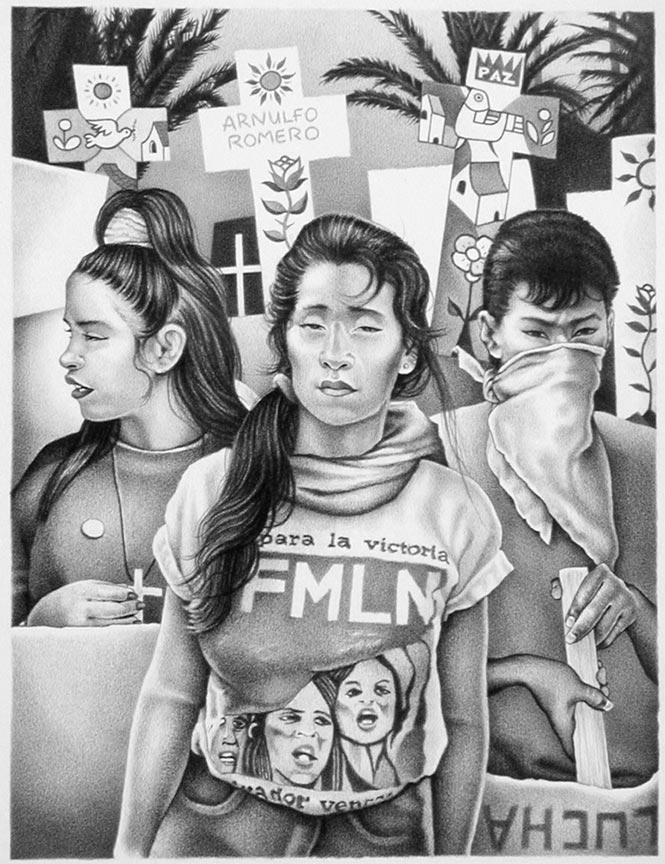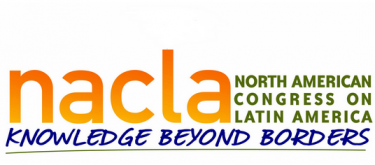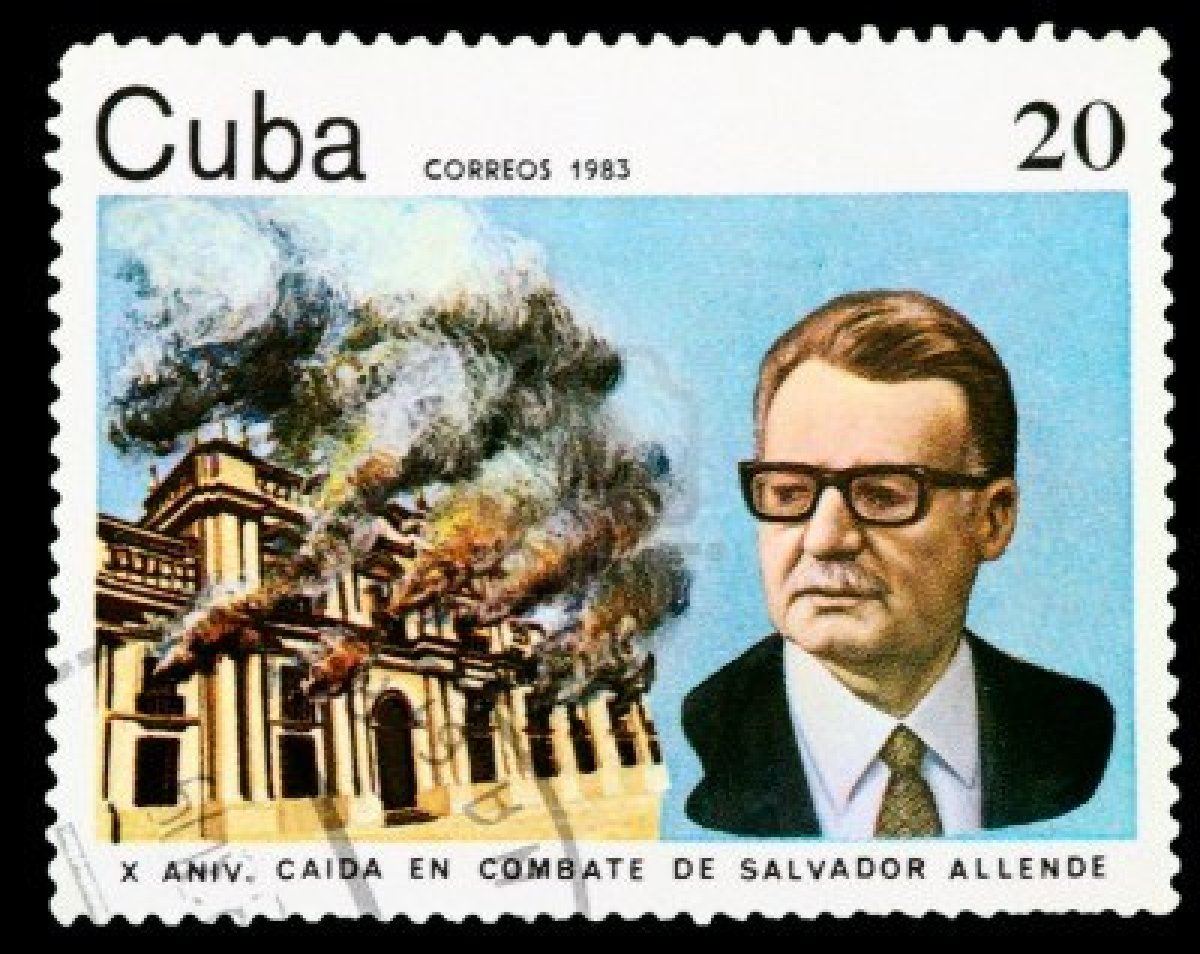Latin America
This collection contains materials from Central and South America and the Caribbean. Primary topics include Cuba and the Cuban Revolution, the Sandanista revolution in Nicaragua, the Nicaragua-Contra War, the Chilean struggle for independence and US imperialism.
Subcollections
-
Chile
This collection focuses primarily on the advent of the elected socialist Presidency of Salvador Allende in Chile, the 1973 fascist coup against Allende, engineered by the CIA and led by General Augusto Pinochet, and the subsequent repression of the left. -
Cuba
This collection primarily contains recordings focusing on various aspects of life in Cuba after their Communist Revolution. -
El Salvador
This collection contains materials related to the liberation struggle in El Salvador. -
Guatemala
This collection contains materials detailing the revolutionary struggles in Guatemala, the role of Guatemalan women during the revolution and the United States role in Guatemalan politics. -
NACLA
North American Congress on Latin America (NACLA) is an independent non-profit organization founded in 1966 to research the political economy of the Americas and US policy towards the region. -
Nicaragua
These materials focus primarily on the Sandanistas and their struggle for national liberation. -
Struggles in Latin America
This collection contains materials from throughout Latin America. Detailed interviews, poems and accounts from the 1973 revolution in Chile, the Sandinista Contra conflict in Nicaragua, and from revolutionary forces El Salvador are all included.
Documents
Two programs on the 1973 coup in Chile, produced by Frances Emley. The first is a long interview with Joan Jara on her husband Victor Jara’s life and death. The second program documents torture in Chile, and is framed by the Junta’s ambassador claiming that “there is no torture in my country.” At end a 4-minute poem/song. Hum on cut one.
Biography of Victor Jara and tribute by Joan Jara (his wife) who talks about his life, his art and his murder.
Contents include notes on the history of the MIR: how the organization was founded, the history preceding the foundation, basic political concepts of the MIR, the general history up to the writing of the periodical in 1974.
Lincoln Bergman on fighting machismo and sexism in Cuba and the new Cuban Family Law
Commentary about the International Human Rights Tribunal on US war crimes in Vietnam and the struggle for Blacks in the US. Appeal to Black GIs encouraging them to refuse to fight in the Vietnam War.
US POW statements from captivity in Vietnam.
Date: 6/12/1974Call Number: KP 243Format: Cass A & BProducers: Lincoln Bergman, Gayle Markow (Diana Strong)Program: Youth in CubaCollection: Cuba
First part of cassette is a Radio Havana Cuba program on how youth in Cuba see Che Guevara (made a few days before his birthday). Second part is a never broadcast interview with Mexican revolutionary who was freed and came to Cuba as part of a guerrilla kidnaping. Interviewed by Lincoln Bergman, translation by Margaret Randall.
Date: 2/2/1974Call Number: KP 306Format: 1/4 7 1/2 ipsProducers: Lincoln Bergman, Margaret Randall (translator)Collection: Struggles in Latin America
Interview with two members of the FRAP of Mexico who had just been released from prison and liberated to Cuba in 1973, in exchange for the US consul who had been kidnapped in Mexico.
Three programs.
Side A
1. Interviews with the 7th contingent of the Venceremos Brigade, who are visiting Cuba in a solidarity trip.
2. Report about Prime Minister Pham Van Dong’s visit to Cuba. Includes translated excerpts from speeches by Van Dong and Fidel Castro.
Side B
3. Report about the history of the Peronist movement in Argentina in the 1960s.

